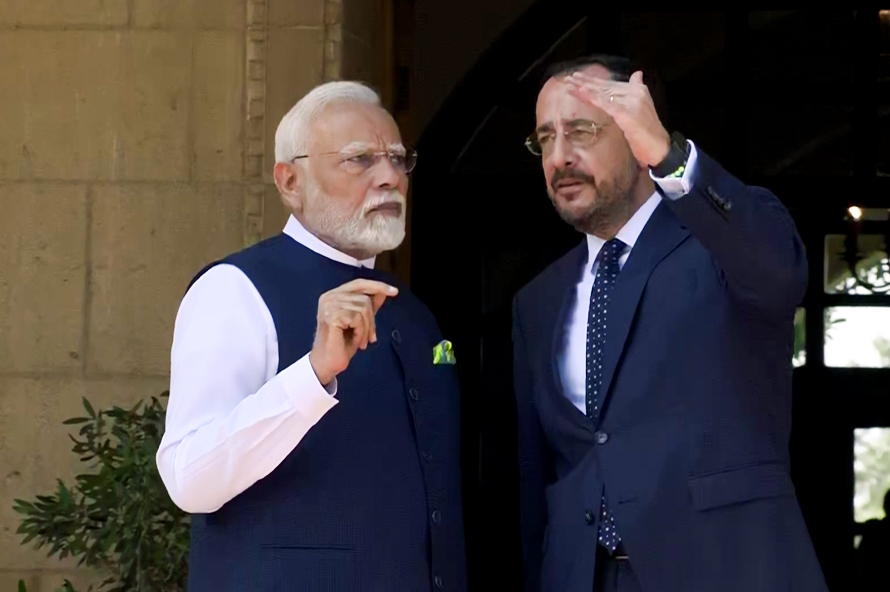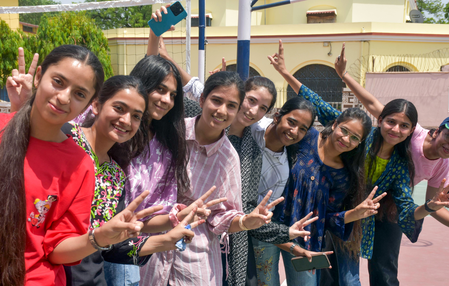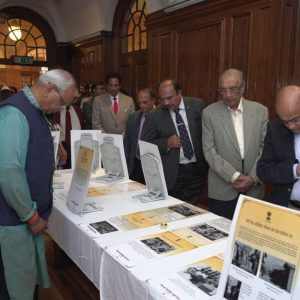Embassy in New Delhi thanked citizens, political parties, and activists as Iran reels from Israeli-US strikes on nuclear sites
The Iranian Embassy in India has publicly thanked Indian citizens and institutions for their “firm and vocal” support during Tehran’s recent military confrontation with Israel, a conflict that intensified dramatically with coordinated airstrikes on Iranian nuclear facilities by both Israeli and American forces.
In a statement posted on X (formerly Twitter) on Wednesday, the Iranian diplomatic mission in New Delhi expressed “heartfelt gratitude” to what it described as “freedom-loving people of India,” including politicians, members of Parliament, non-governmental organisations, religious and spiritual leaders, journalists, academics, and civil society groups. The Embassy acknowledged these voices for standing with the Iranian people in their hour of crisis.
“These gestures clearly reflect the awakened conscience of nations and their commitment to justice and the principles of international law,” the statement read.
The Embassy’s statement made no direct mention of the strikes on nuclear sites but portrayed the solidarity from India as part of a broader international affirmation of justice and resistance to what Iran calls “expansionist and aggressive policies.”
The message comes in the wake of a sharp escalation in hostilities that began on June 13, when Israel, with direct support from the United States, launched strikes on Iranian nuclear installations. According to Israeli media reports, including the Times of Israel, the targets included key uranium enrichment centres and research hubs believed to be tied to Iran’s nuclear programme. The strikes involved the use of American bunker-buster munitions, indicating both the depth of the facilities and the intensity of the assault.
The Embassy’s statement made no direct mention of the strikes themselves but portrayed the solidarity from India as part of a broader international affirmation of justice and resistance to what Iran calls “expansionist and aggressive policies.” The Embassy asserted that such global responses signal a deep-rooted commitment to international law and global peace.
“The unity and solidarity of nations serve as a powerful bulwark against war, violence, and injustice,” it said.
On Sunday, US President Donald Trump announced a temporary ceasefire between Iran and Israel following days of bombardment. The truce, however, was quickly thrown into doubt when two missiles were reportedly fired from Iran towards northern Israel within hours of the ceasefire declaration. While Israeli authorities vowed a strong response, Iran’s state-run ISNA news agency denied any such missile launches, calling the claims “false.”
The situation remains precarious. Despite formal ceasefire announcements from both sides, military analysts warn of a high probability of renewed confrontation. Washington and Tel Aviv have yet to clarify how they intend to capitalise on the military gains or enforce limits on Iran’s future nuclear activities.
Against this turbulent geopolitical backdrop, Iran’s outreach to India is being seen as both symbolic and strategic. India, a long-time balancing power in West Asia, has historically maintained cordial relations with both Iran and Israel, walking a diplomatic tightrope between its energy needs, regional security concerns, and strategic partnerships.
Although the Indian government has not issued an official statement on the recent conflict, the expressions of solidarity from opposition leaders, activist groups, and some religious organisations have not gone unnoticed in Tehran. Iran’s decision to publicly acknowledge this support suggests an effort to deepen people-to-people ties at a time when diplomatic channels across the region are under strain.
“This solidarity—rooted in the longstanding cultural, civilisational, and human ties between our two nations—will further strengthen the cause of peace, stability, and global justice,” the Iranian statement concluded.
Iran’s nuclear ambitions have been a point of contention for decades, and the latest strikes represent one of the most significant setbacks to its programme in recent years. While Iranian authorities have downplayed the extent of the damage, satellite imagery and Western assessments suggest that core infrastructure was severely affected.
As the fragile ceasefire continues to hold in name, attention is now turning to diplomatic manoeuvres. Tehran’s message to India may be an early signal of its broader strategy: to court moral and political support in the Global South while it regroups at home.














